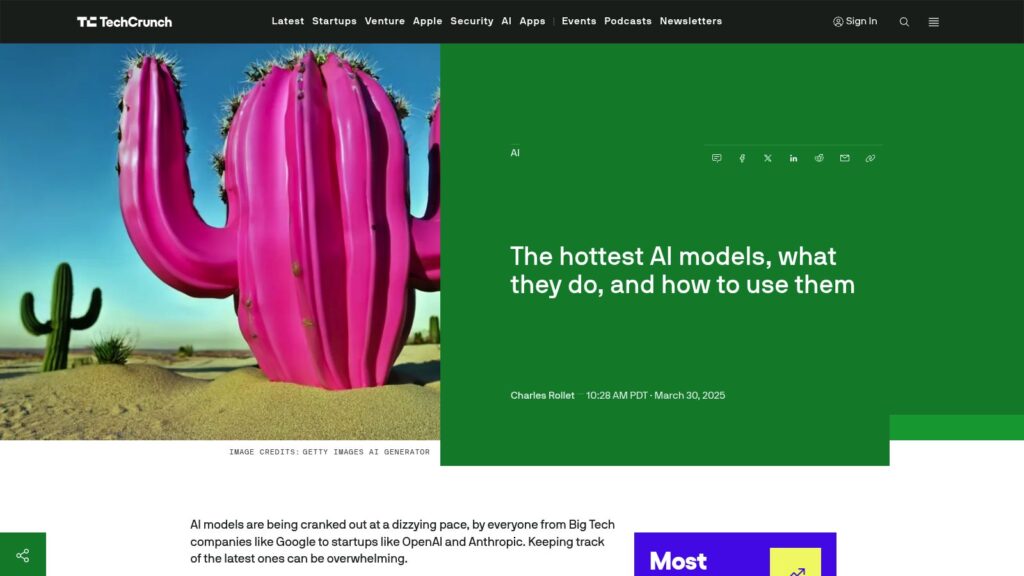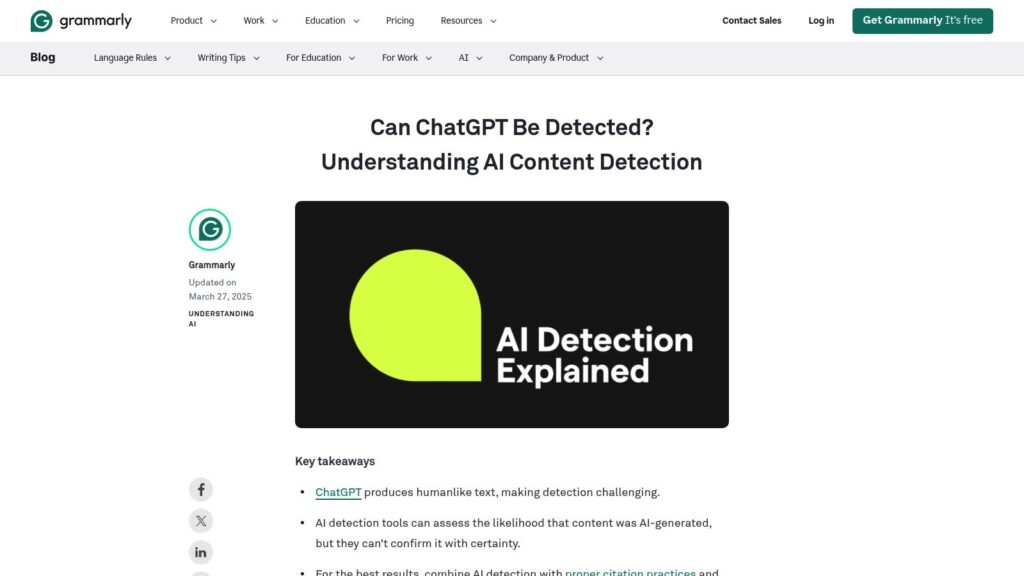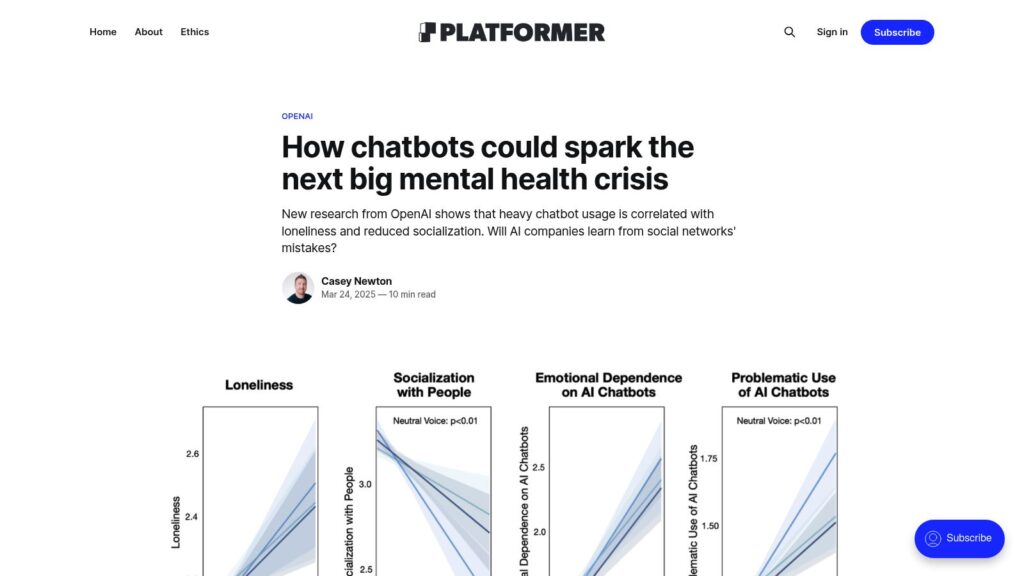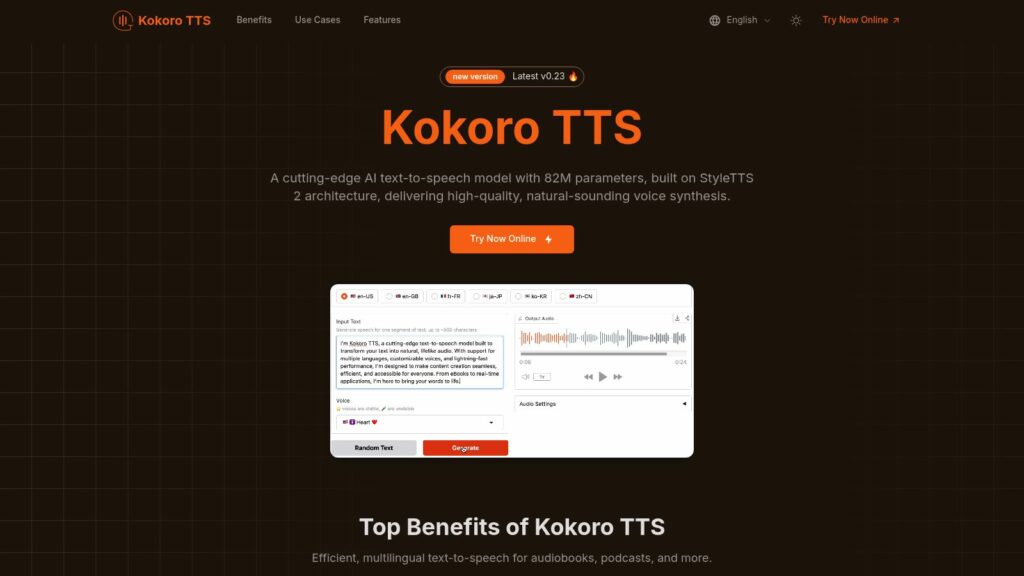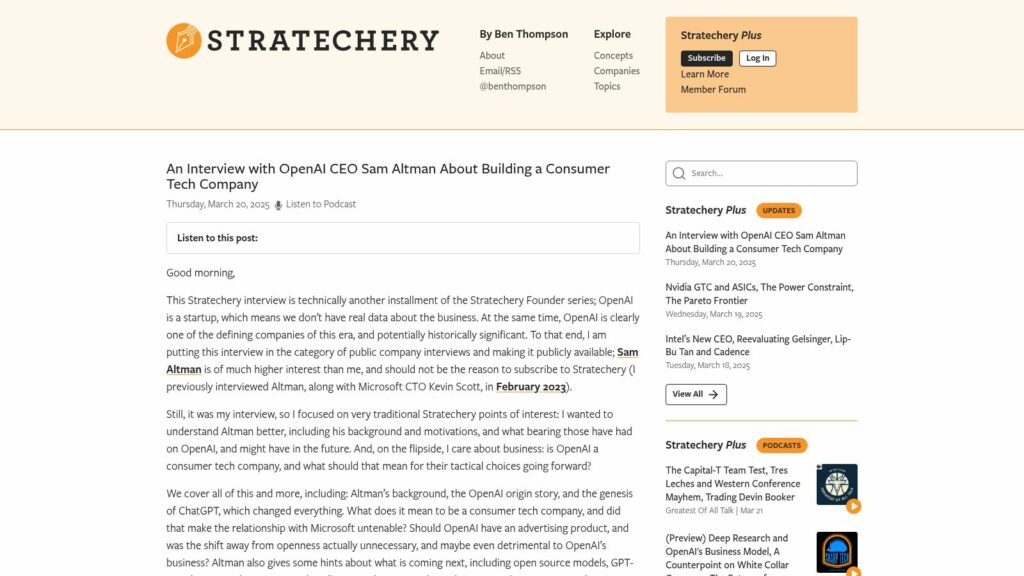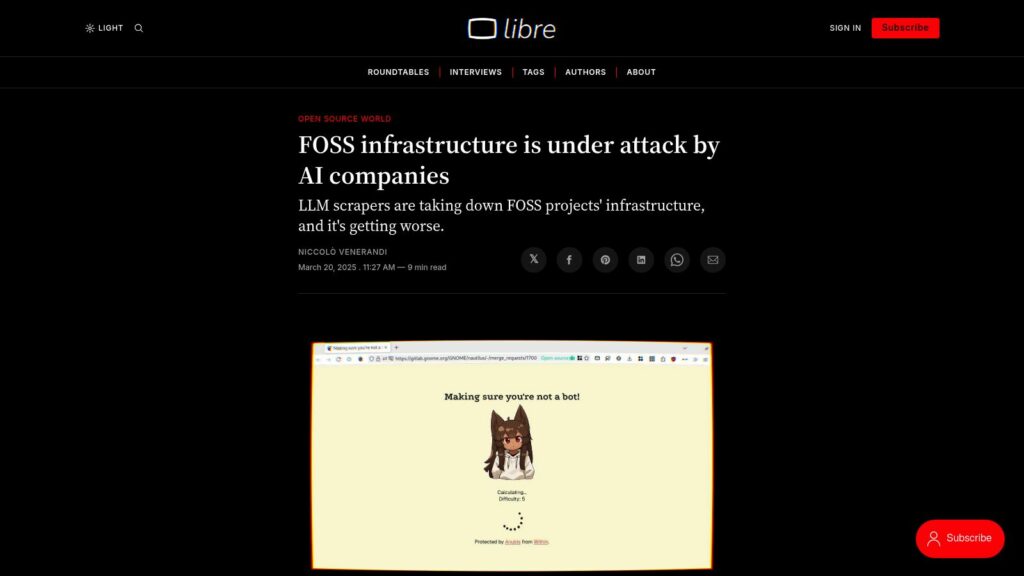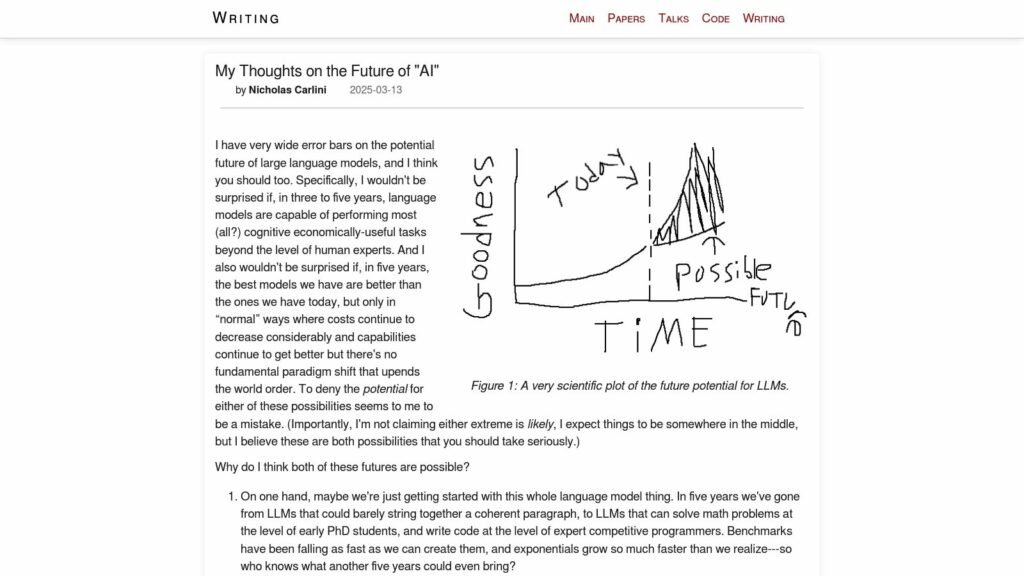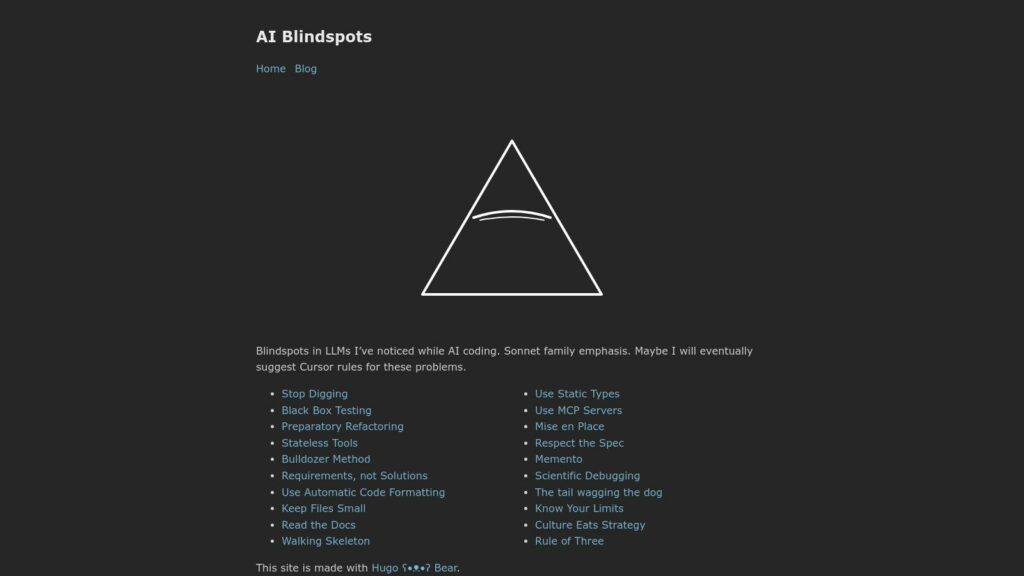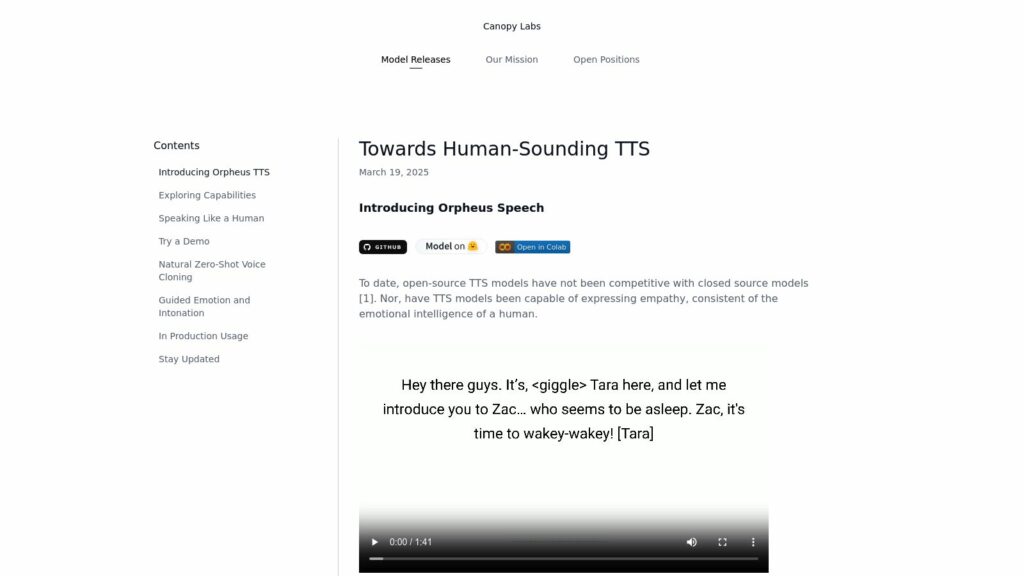The Hottest AI Models, What They Do, and How to Use Them
TechCrunch compiles a list of the latest advanced AI models, detailing their functions and subscription requirements. Models include Google Gemini 2.5, OpenAI's ChatGPT-4o, and Anthropic’s Claude Sonnet 3.7, among others. Each has unique capabilities, from image generation to reasoning tasks. The article addresses the rapid development of AI technology and aims to clarify how these models can be utilized, while noting the ongoing need for updates in an ever-evolving field.
https://techcrunch.com/2025/03/30/the-hottest-ai-models-what-they-do-and-how-to-use-them/
